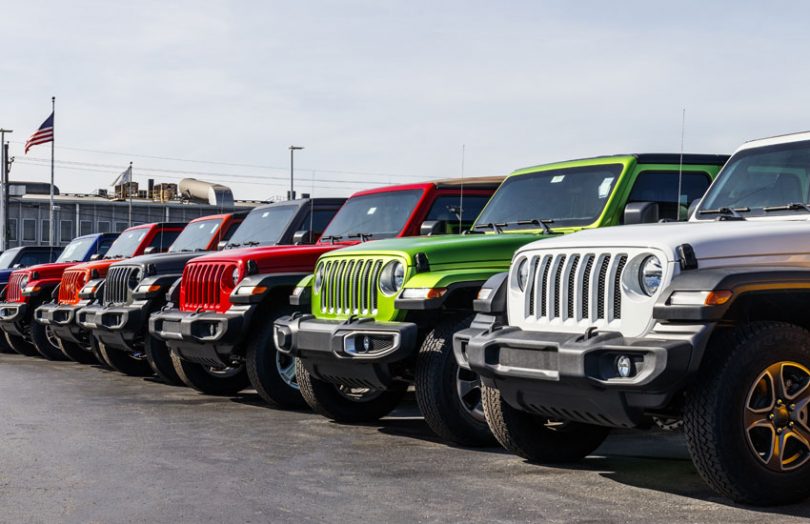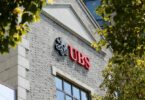Yesterday, auto manufacturer Fiat Chrysler said it joined the Responsible Sourcing Blockchain Network (RSBN) consortium to source minerals used in its electric vehicles. The company will start with tracking cobalt and then others such as mica and the conflict minerals 3TG — tungsten, tantalum, tin and gold.
IBM initiated the RSBN consortium along with Ford Motor Company, Huayou Cobalt, LG Chem and RCS Global earlier this year. Volkswagen and Volvo joined a few months down the line. Built on the IBM Blockchain Platform, RSBN previously ran a pilot for tracking cobalt from Huayou’s mine site in the Democratic Republic of Congo.
“Our commitment to the responsible procurement of raw materials is vital to the integrity and sustainability of our supply chain, especially as our electrification strategy ramps up,” said Carl Smiley, Chief Purchasing and Supply Chain Officer, FCA (Fiat Chrysler Automobiles).
Fiat Chrysler said it plans to launch over 30 electrified models by 2022, and RSBN will help in responsible sourcing of cobalt, a mineral used in electric vehicle batteries.
Electric vehicles (EV) sales are rising despite a slump in global car sales. This says much about the consumer’s inclination towards going green. But the demand for cobalt is likely to rise given electric is currently just 2.1% of vehicle sales but expected to grow to 32% by 2040 according to Bloomberg. Tesla is removing cobalt altogether.
“The RSBN is expanding rapidly, connecting actors throughout the battery supply chain and beyond, all of whom have a focus on proving good practice in responsible sourcing and production,” said Nicholas Garrett, CEO, RCS Global Group. RCS’s role in the consortium is as a certification company to assess compliance.
Meanwhile, FCA is also a member of the Responsible Minerals Initiative (RMI) along with Ford, VW, Volvo and IBM. Additionally, the American-Italian automaker is educating its suppliers with the Organisation for Economic Co-operation & Development (OECD) guidelines.
IBM’s technology is used in another metals consortium, Minehub, which launched its supply chain blockchain platform in October. The solution aims to reduce paper-based transactions between supply chain participants and increase operational efficiency.
Another company, Circulor, has launched a Hyperledger Fabric-based traceability platform for the tantalum mineral. The project that also involves Volvo is already in production in Rwanda.
A month ago, the World Economic Forum (WEF) announced a metals and mining blockchain consortium focused on both supply chain traceability and sustainability. Major participants include Anglo American/De Beers (Tracr), Eurasian Resources, Glencore and Tata Steel.






